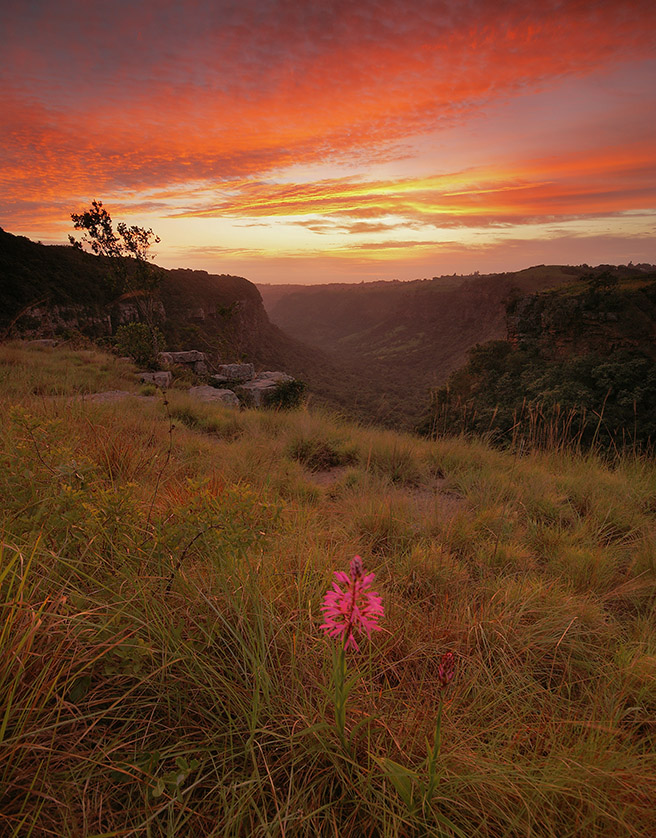Turning a Childhood Passion for Wildlife Into a Conservation Career

I grew up in subtropical Durban, KwaZulu-Natal, South Africa, and, for all of my childhood and formative years, lived in close proximity to the relatively small but spectacular Krantzkloof Nature Reserve. For a peri-urban reserve, it has impressive biodiversity, being positioned within the Maputaland-Pondoland-Albany Biodiversity Hotspot.
As a result, I developed an appreciation for nature at a very early age; I remember spending hours sketching Flat-crown Trees (Alibizia adianthifolia), watching bird ‘parties’ arrive and depart from the garden, or waiting to catch a glimpse of the elusive large-spotted genets that appeared at dusk. At the age of eight, I developed a keen interest in birds and birding, which continues to this day.
I am a third-generation African, with my great-grandparents having arrived in South Africa from Cornwall just after the turn of the 20th century. I grew up intrigued by my grandmother’s stories of her and her parents’ abundant encounters with wildlife on their farm, which was not far from the famed Kruger National Park. Those stories have always served to remind me of the lamentable rapidity with which Africa’s wildlife has disappeared over the last few decades. In today’s South Africa, wildlife, for the most part, exists and is protected within fences. Like elsewhere in Africa, economic short-termism has led to rampant and often unchecked development; rapid habitat fragmentation is the result.
It was this concern, and my interest in understanding the social dynamics that drive environmental change, that led me to study geography and anthropology at Rhodes University. It was there that I developed specific interests in environmental anthropology and urban/peri-urban conservation. Subsequent to my post-graduate honours degree in anthropology, I was awarded a Commonwealth Scholarship and proceeded to read for my masters in urban studies at University College London. My thesis explored the cultural-economy of the Zulu beadwork market in Durban. While this was a departure from my environmental education, I have always viewed my interests in social dynamics and complexities as compatible with my interest in conservation; conservation is of course only successful to the extent that conservationists have a sufficiently complex understanding of relationships between people, and between people and their environment.
On returning to South Africa, I returned full-circle, working to contribute to the protection of Krantzkloof Nature Reserve and its surrounds through my role as vice-chairperson of Kloof Conservancy. During my time there, I was extensively involved in multiple projects which gave me grounded experience and a working knowledge of community conservation and environmental education amongst other things. Environmental education is for me a critical tool for prompting the youth to (re)imagine and invest in a more sustainable future. My education and experiences have affirmed in me that Africa is only alive with possibility to the extent that conservation succeeds. I look forward to contributing to conservation successes at AWF.
Photo by Andrew McKay